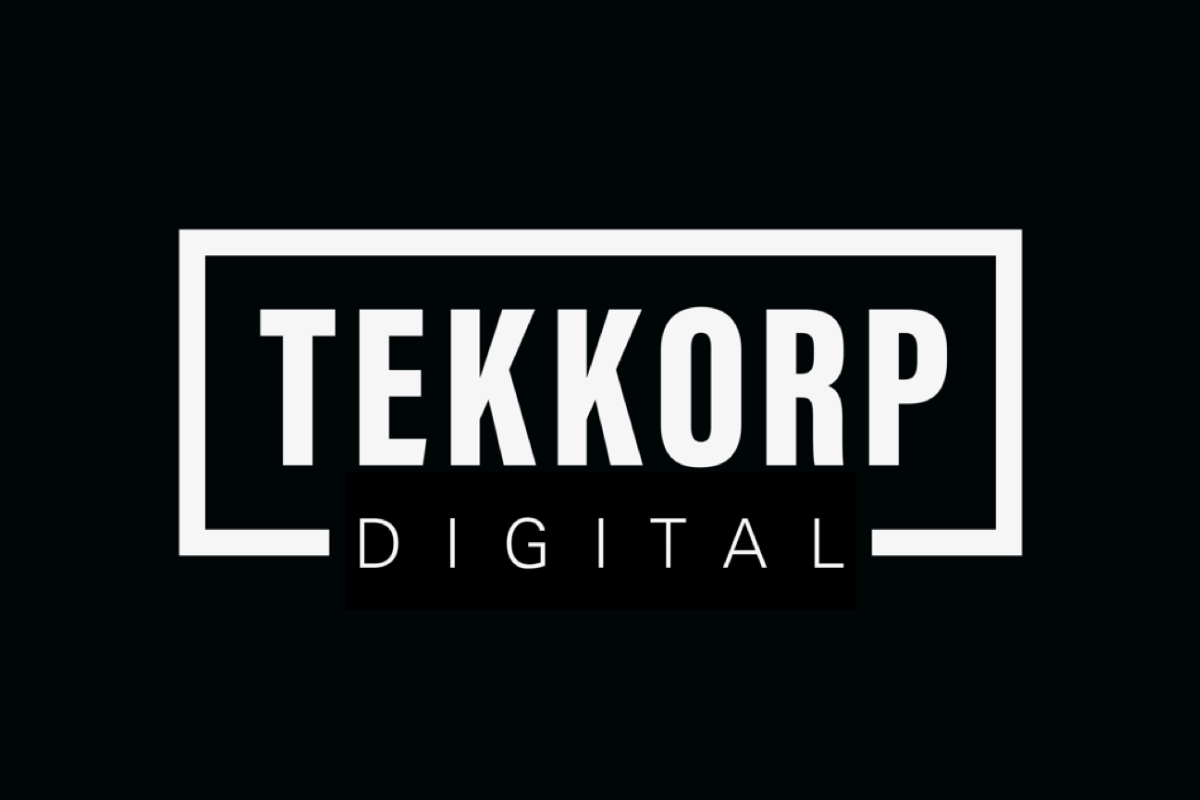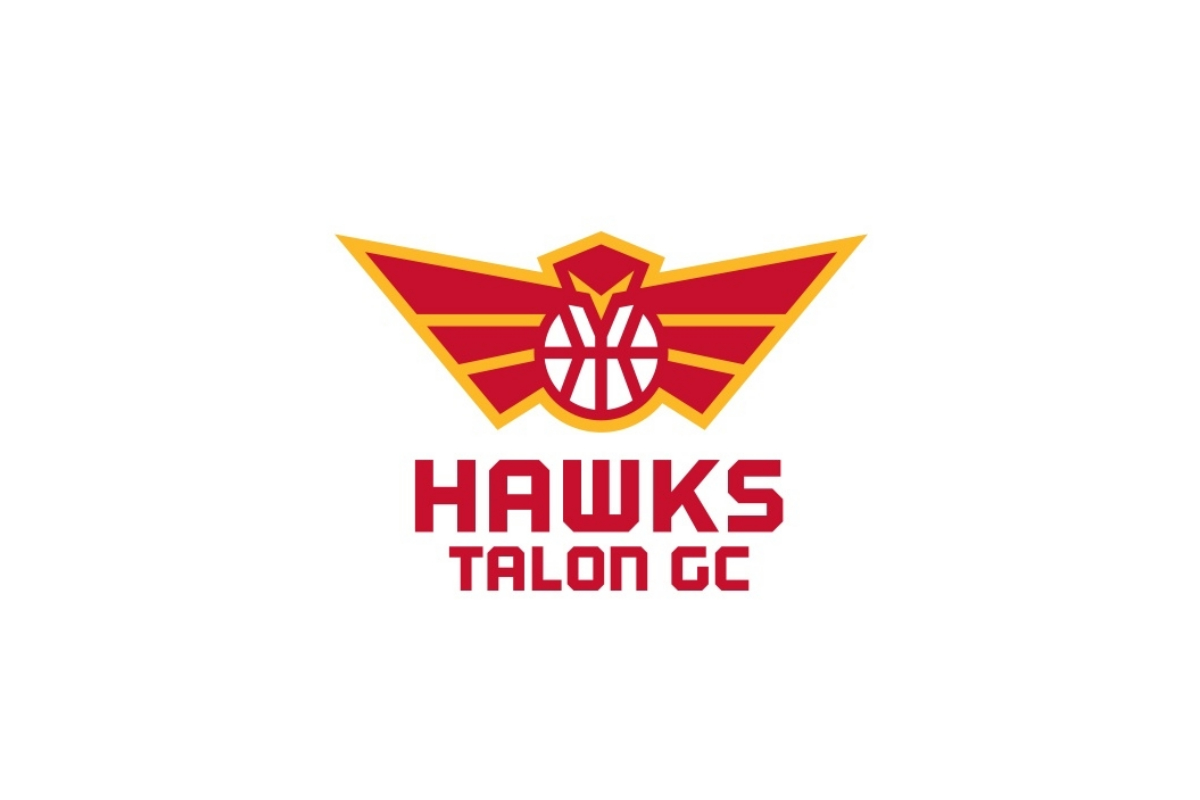
CEO’s of FUBO, SE, GAN, FANS, Discuss New Growth Opportunities in E-Sports, Online Sports Wagering and Casinos
Wall Street Reporter, the trusted name in financial news since 1843, has published reports on the latest comments and insights from leaders at: Sea Limited (NYSE: SE) FansUnite (OTC: FUNFF) (CSE: FANS) fuboTV (NYSE: FUBO) GAN Limited (NASDAQ: GAN) .
Accelerating digital transformation is driving new revenue growth opportunities in E-Sports, Online Casinos and Sports Wagering. Wall Street Reporter highlights the latest comments from industry thought leaders:
fuboTV (NYSE: FUBO) CEO David Gandler: ”At Intersection of Sports Streaming and Wagering”
“…From an execution standpoint, Q3 was by far the strongest quarter in the company’s history. Our results have exceeded previously raised guidance with solid growth across every KPI we track. Revenues were up 47% to $61 million. That’s well ahead of the guidance range we provided of $52 million to $55 million. …Paid subscribers at quarter end totaled 455,000, and that’s 58% above the 288,000 last year. Net additions came in at 167,000. That’s up almost 100% year-over-year…FUBO sits firmly at the intersection of 3 megatrends: The first is the secular decline of traditional television viewership; the second is the shift of TV ad dollars to connected devices; and the third is online sports wagering, a market we absolutely intend to enter. Our growth opportunities are numerous, and there are great many reasons for us to be optimistic given the optionality in the business…”
“We’re super excited about wagering. I would say that we’ve already started executing on our strategy. And at the appropriate time, we’ll provide more details. But the way we think about wagering is we look at it from a 3-bucket perspective: we have an acquisitions advantage, we have an engagement advantage and we have a monetization advantage. For acquisitions, you should think of it that we’re starting with 500,000 paying subscribers. And what you’ve heard from our ability to sell attachments this quarter, we think that we’re going to be able to also sell in a lot of wagering opportunities. Number two was on the engagement front. We have over 50,000 sporting events on the platform, and we’re getting people to watch over 120 hours per month. So there are going to be ample opportunities for us to really sort of drive that forward. And then I think the third piece is the monetization advantage. Obviously, getting players to play is important. But think about the value from a retention perspective, getting people to churn out less and also from a monetization perspective in terms of advertising sales. So we feel like we have everything that we need to sort of build a sizable business around this, and we’re already executing on that strategy.”
In a recent presentation at Wall Street Reporter’s NEXT SUPER STOCK livestream, FansUnite (OTC: FUNFF) (CSE: FANS) CEO Scott Burton explained how the company’s latest distribution deal with an online casino games aggregator, sets the stage for exponential revenue growth opportunities. In the next 12 months, FUNFF plans to expand its current line from three games to twelve – while adding multiple aggregators for each game – reaching millions of new online casino customers worldwide. With each game generating as much as $500,000 in revenue per month for FUNFF – per online casino – and the potential to be in hundreds of online casinos – these numbers can quickly add up.
Nov 5 – FUNFF’s wholly-owned UK Sportsbook McBookie achieves record 433% increase in revenue and 713% increase in gross margin in October 2020 compared to October 2019. Much of the growth was attributed to the unveiling of McBookie’s live casino games and increased activity in sports betting which resulted in $7.3M in total betting volume being placed during the month
“..While both the consumer attention and client demand remains focused on sports betting, the real core of the U.S. internet gambling profit opportunity lies inherently within the online casino, which is only unlocked by the mass market appeal of sports betting being a technical and operational capability, we will shortly possess…”
“When you combine online casino gaming with internet poker, and of course, internet sports betting, New Jersey generated in excess of $132 million of gross operating revenue in that single state in the single month of October. This amount would have seemed implausible just two years ago. New Jersey is now on a path where internet gambling revenues could be on a monthly run rate to exceed pre-COVID retail gaming revenues by the end of 2022. I’ll state this again, because it is incredibly important for everyone to understand the magnitude of the structural shift in the retail casino industry. New Jersey’s internet gambling market is on a growth path to exceed pre-COVID monthly retail casino gaming revenues within 18 months, possibly less. This all points to bright line a truth that COVID combined with the advent of internet sports betting and the associated strong cross-sell of sports gamblers into online casino gaming has manifestly altered expected future growth opportunities in this industry for decades to come…Our continuing mission is to bring retail casinos online with our technology platform focused principally on delivering all forms of internet gambling content, including casino gaming and sports betting.”
“‘…The largest event in 2020 for shareholders appears not to be an admission to trading on NASDAQ, but the inflection point represented by or now announced acquisition of Coolbet with regulated operations in both Europe and Latin America…This acquisition accelerates our previously announced pathway to $100 million in topline revenues. It unlocks the shareholder value opportunity to become a B2B sports betting provider in the U.S. and provides us with a fast growing internal — international strategy, which is entirely incremental to our existing international market activity in Italy.”
GAN Limited (NASDAQ: GAN) Q3 2020 Earnings Highlights: https://bit.ly/32QlM0m
Sea Limited (NYSE: SE) Forrest Li, Chairman and Group CEO: “Digital Entertainment a Key Pillar of Growth”
“…Garena had another excellent quarter and achieved several historical highs. We reached more people than ever before, with close to 0.5 billion active users around the globe playing Garena games during the quarter. That represents an increase of 61% year-on-year…Our quarterly paying user number grew at a very strong rate of 91% year-on-year to reach 49.9 million…As a result of this strong user and paying user growth, adjusted revenue for the quarter reached $716.2 million, up 62% year-on-year. Our adjusted EBITDA margin also reached a new record high of 61%…”
“We are also partnering with other global IP holders to create memorable content experiences for our users…In July, we announced a partnership with Netflix for a special in-game crossover with its global hit show, Money Heist. For this, we have worked with Netflix to create a Money Heist-themed in-game takeover, which is expected to be launched in September. Users will be able to enjoy a new game mode inspired by the plot of Money Heist and can purchase virtual skins modelled after the iconic outfits in the TV series.”
“To further enhance user engagement, we have successfully migrated our esports activity online over the last few months. For example, in recent months, we held large scale esports events in both Asia and Latin America. In June, we held the Free Fire Asia all-stars event, featuring both professional players and popular online influencers from India, Indonesia, Thailand, and Vietnam competing across several tournaments. In early August, we hosted an online esports event in Latin America called Free Fire Gigantes, featuring the top teams from our pro leagues on the Brazil and Latin America servers…We continue to see strong momentum in user engagement entering into the third quarter even as many of our markets eased their restrictions on movement recently. In fact, in July, Garena hit a new record high in monthly adjusted revenue. Free Fire also hit a new record in monthly paying users in the same month, which more than doubled year-on-year…Looking ahead, we remain fully focused on bringing innovative content and enjoyable experiences to our users. We are confident that high quality and highly engaging content will strengthen their engagement and affinity with our games. This will continue to be the key driver of Garena’s long-term success.”
Sea Limited (NYSE: SE) Q2 2020 Earnings Call Highlights: https://bit.ly/2FOjWoC








